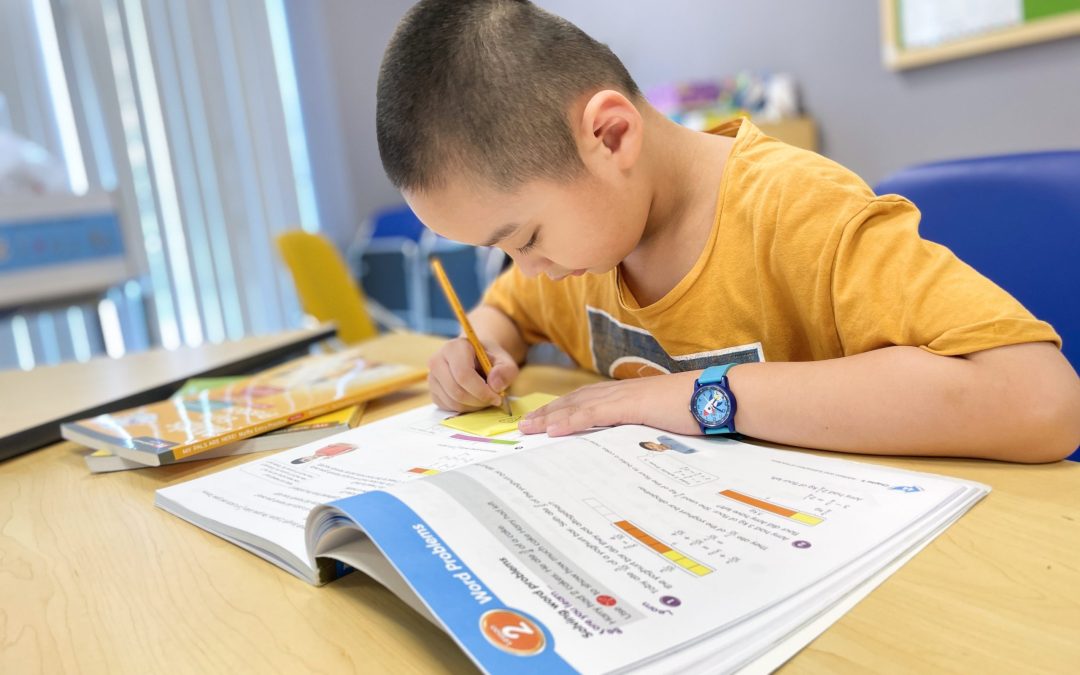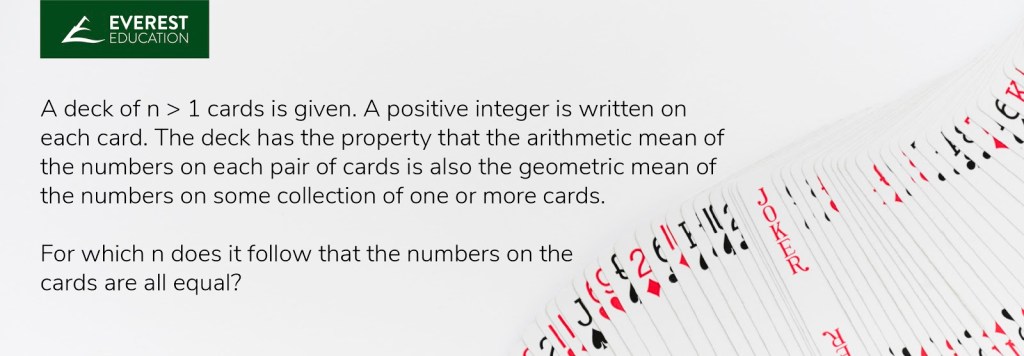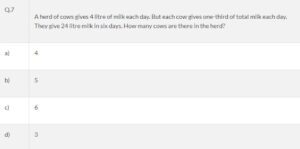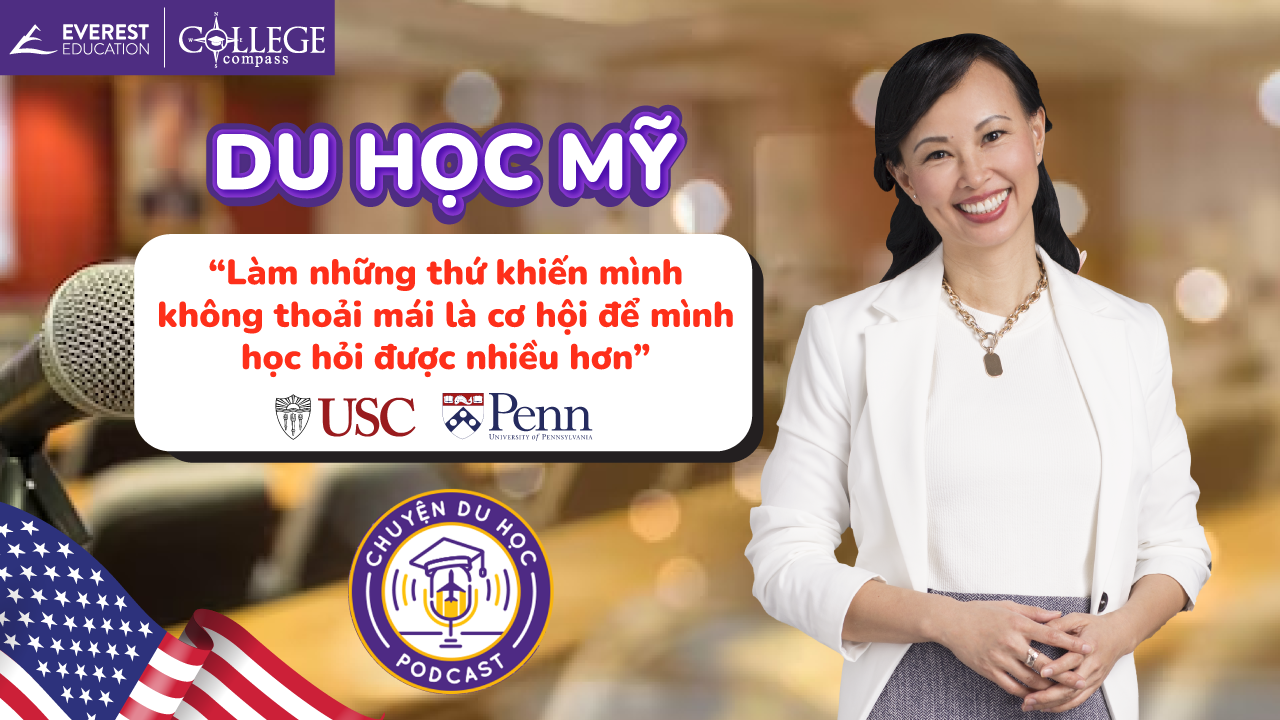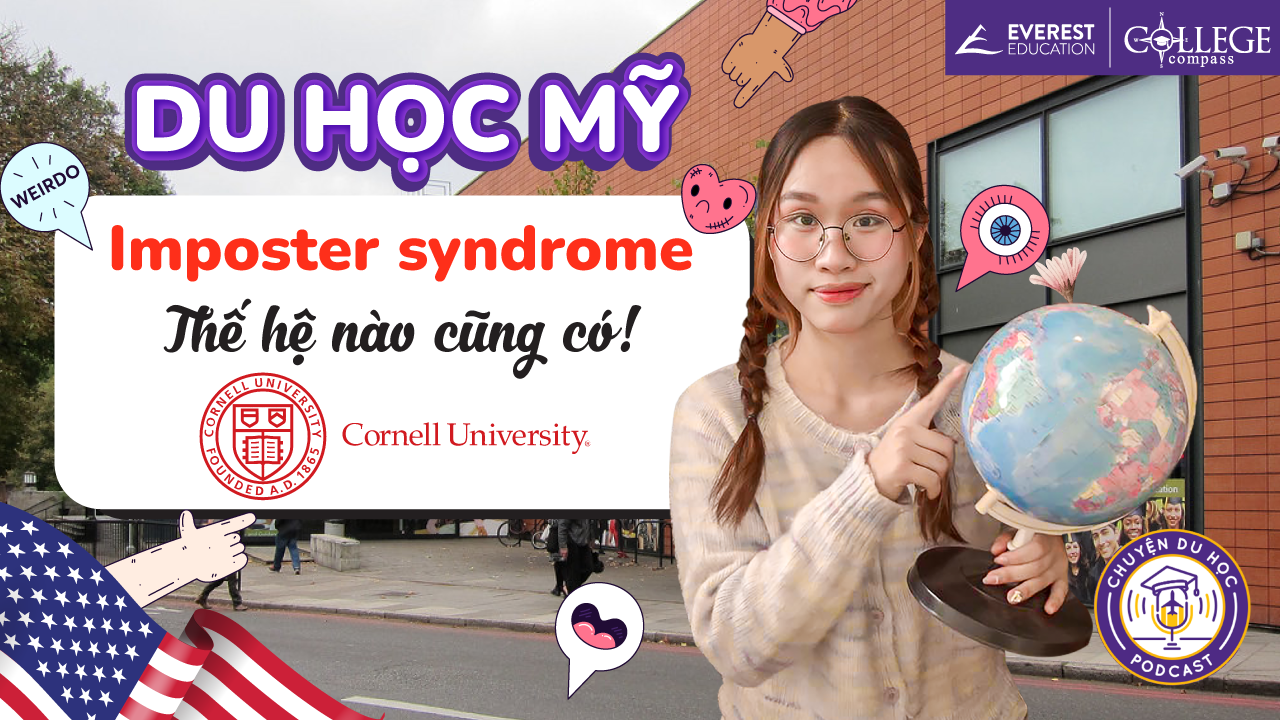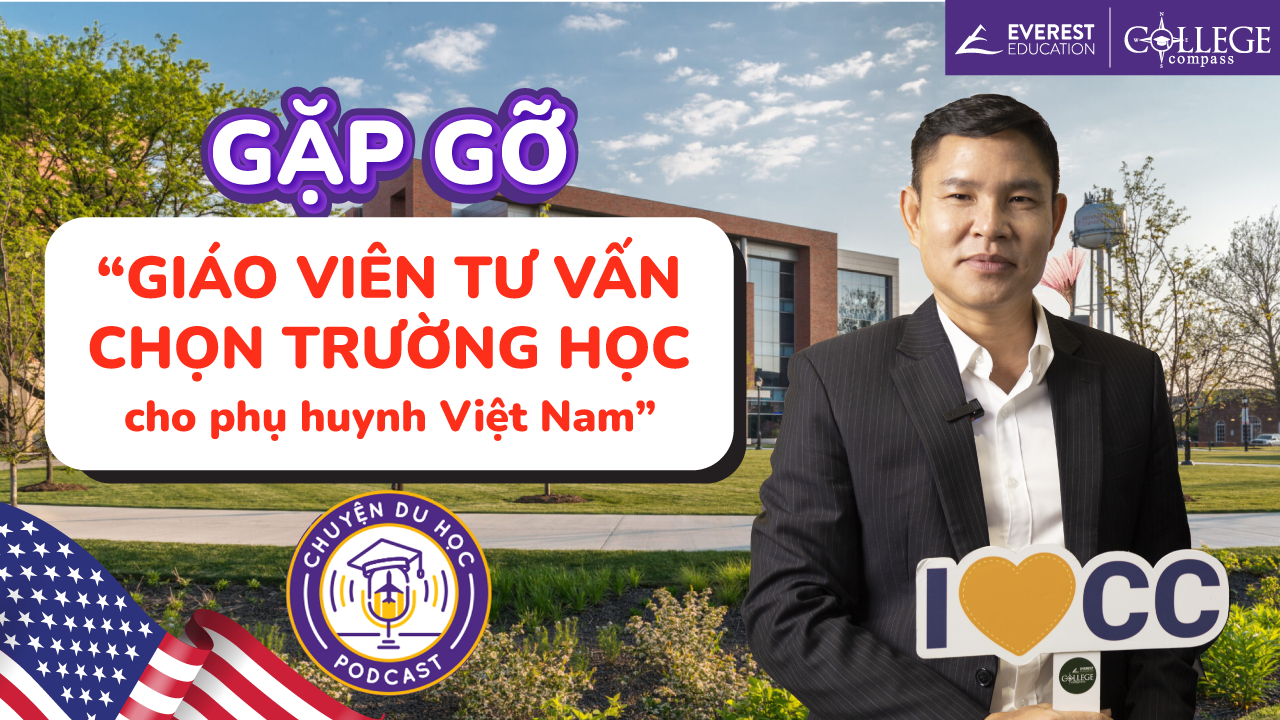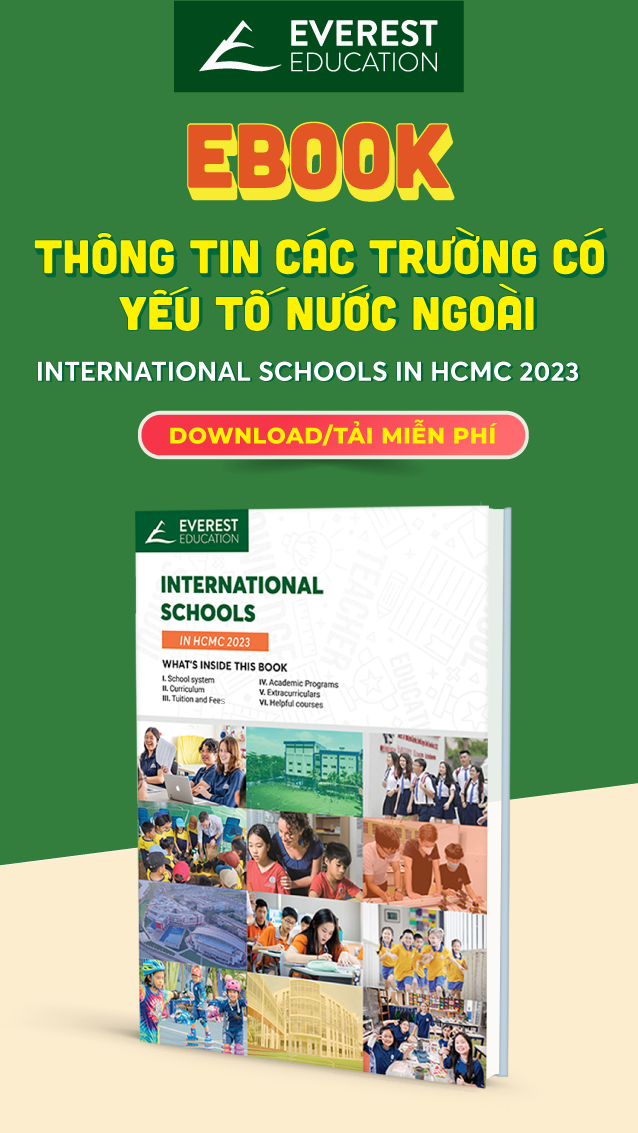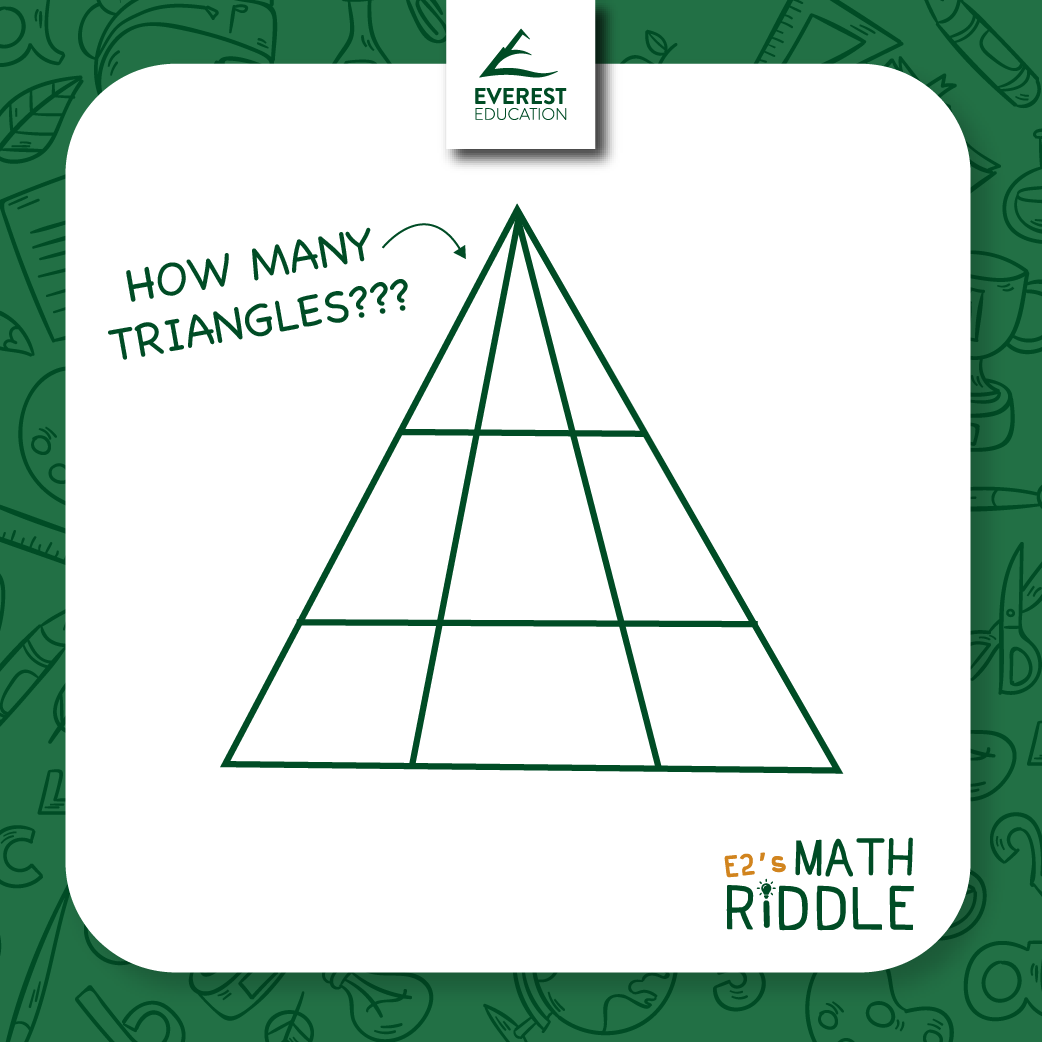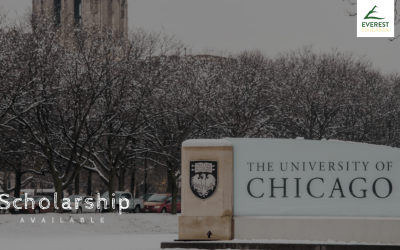2. International Kangaroo Math Contest (IKMC)
International Kangaroo Math Contest (IKMC) is the largest competition for school students globally, with over 6 million participants from 77 countries in 2019. There are six levels of participation, ranging from grade 1 to grade 12. Awards are given to the top-scoring students per grade at the national level.
IKMC was held in Vietnam for the first time in 2016 by the IEG Education Development Fund – IEG Foundation in cooperation with the University of Education and the National University of Hanoi at 5 test locations in Hanoi, and 1 in Ho Chi Minh City.
- Grade levels: grades 1 through 12 (or homeschooled equivalent) is eligible to participate. IKMC in Vietnam is available for students from grade 1 to grade 8, divided into 4 levels:
| Level 1 (Pre-Ecolier) |
Grade 1-2 |
| Level 2 (Ecolier) |
Grade 3-4 |
| Level 3 (Benjamin) |
Grade 5-6 |
| Level 4 (Cadet) |
Grade 7-8 |
- Scoring and format: The test is 75 minutes long and consists of multiple-choice questions. 75 minutes is given to solve all problems, each with precisely 5 answer choices. No problems require the use of a calculator, and calculators of all types are prohibited.
- Content: The majority of the problems are algebra or geometry. Math Kangaroo emphasizes three-dimensional geometry, which is usually not seen in many other competitions. Problems in discrete mathematics (number theory and counting and probability) are occasionally used but fewer than other mathematical competitions. A few logic and physics questions may also appear. None of the problems require the use of precalculus concepts (logs, summations, complex numbers) or trigonometry. An example of 2020 IKMC problems for grade 5-6 level:
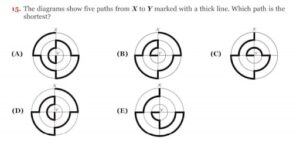
>>> Find more IKMC past papers over the years here.
- Timeline: annually on the third Thursday of March.
- Fees and costs: 350,000 VND/ participant
- Website: https://kangaroo-math.vn/
3. Singapore and Asian Schools Math Olympiad (SASMO)
SASMO, which stands for Singapore and Asian Schools Math Olympiad, is one of Asia’s largest math contests annually held in Singapore. Most nations participating in the competition are in Asia, but some in Europe and the Middle East. SASMO is run as one round competition in April annually and has expanded into 18 countries. Currently, SASMO has 9 divisions from primary 2 to secondary 4 (Grade 2 to 10).
- Grade levels: grades 2 through 10
- Scoring and format: The test is 90 minutes long and consists of two sections
- Section A: 15 Multiple Choice Questions (2 points for each correct answer; 0 point for each unanswered question; deduct 1 point for each wrong answer)
- Section B: 10 Non-routine Questions (4 points for each correct answer; no penalty for wrong answers)
Each student is given 15 points at the beginning to avoid negative scores.
- Content: SASMO caters to the top 40% of the student population, and it aims to arouse students’ interest in mathematical problem solving to develop mathematical intuition, reasoning, logical, creative, and critical thinking. SASMO contest fits nicely into the school curriculum with a high focus on non-routine problem sums. A sample question of SASMO for Grade 5 level:

>>> Find more SASMO past papers and online practices here.
5. American Mathematics Competitions (AMC)
The American Mathematics Competitions (AMC) are the first of a series of competitions in secondary school mathematics that determine the United States team for the International Mathematical Olympiad (IMO). The American Mathematics Competitions (AMC) consists of a series of increasingly tricky tests for middle school and high school students. The AMC sets the standard in the United States for talented high school students of mathematics. The AMC curriculum is both comprehensive and modern. AMC exams are so well designed that some top universities such as MIT now ask students for their AMC scores.
- Grade levels: student under grade 12
- Scoring and format: AMC is divided into 3 levels:
+ AMC 8: for students under the age of 14.5 and in grades 8 and below
+ AMC 10: for students under the age of 17.5 and in grades 10 and below
+ AMC 12: for students under the age of 19.5 and in grades 12 and below
The AMC 8 is a 25 multiple-choice question, 40-minute competition for middle schoolers designed to promote the development and enhancement of problem-solving skills. The score is based on the number of questions answered correctly only. There is no penalty for getting a question wrong, and each question has equal value.
The AMC 10 and AMC 12 are 25 questions, 75-minute multiple-choice competitions in secondary school mathematics containing problems that can be understood and solved with pre-calculus concepts. As of 2020, the use of calculators is permitted on both the AMC 10 and AMC 12. The competitions are scored based on the number of questions answered correctly, and the number of questions left blank. A student receives 6 points for each question answered correctly, 1.5 points for each question left blank, and 0 points for incorrect answers.
- Content: AMC tests mathematical problem solving with arithmetic, algebra, counting, geometry, number theory, and probability, with far more cross-over between the subject areas than in nearly all classrooms. For example, most classrooms only have divisibility rules and little tidbits of number theory and consider number theory as not a whole branch of mathematics but just a bunch of short cuts. The AMCs use number theory in much deeper (although elementary, without analysis) ways. Tests vary widely in difficulty. All three of the tests are designed such that no background in calculus, analysis, or any other higher mathematics is needed to take the exams.

>>> Find more AMC past papers and online practice here.
Preparing for and sitting a contest itself is a great way to get your child to engage with math outside of the classroom. And success in a contest will be a massive boost to their academic self-confidence and will go on their record. Math contests are a tremendous social and intellectual opportunity for students, but exposing students to competitions must be done wisely, else they become counterproductive to the goal of encouraging a lifelong interest in mathematics and other intellectual pursuits.
If you decide to enroll your child in an international math contest, it’s important that they properly prepare for it. At Everest Education, we are proud to be one of the first and distinctive learning centers that teach Math in English. Students can learn, play, think, express the Math concepts in English very naturally and confidently.
Please note that Everest Education has no affiliation with any of these events, and this article does not serve as an official endorsement. These are simply snapshots of the different events at this time; there may be changes due to COVID-19 and other factors. For the most up to date information, please check each event’s website.
Should you have any concerns or topics you want us to cover, please leave your comments below. You can subscribe to our newsletter to get the latest updates delivered straight to your inbox and find more parenting coverage HERE.


